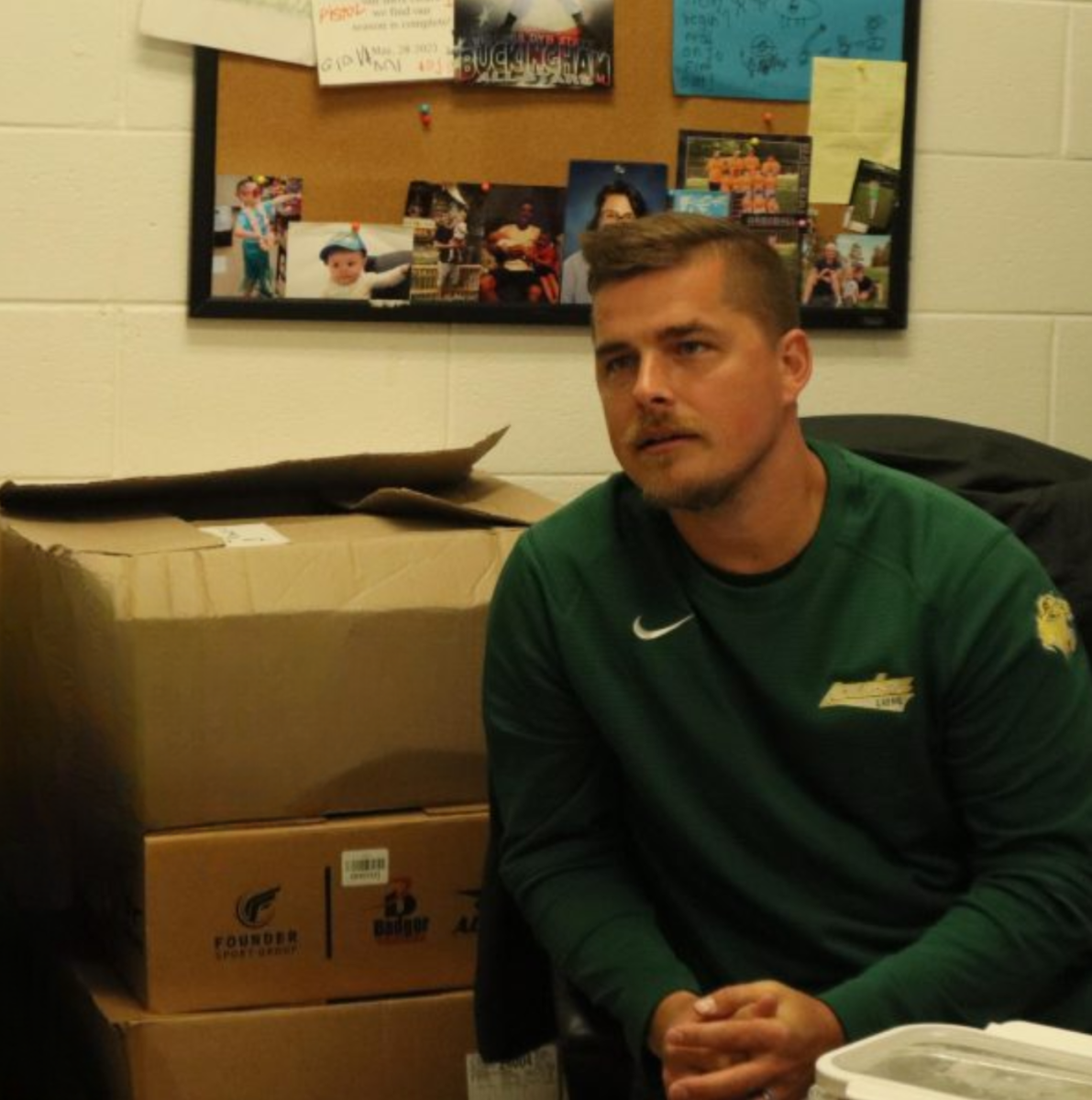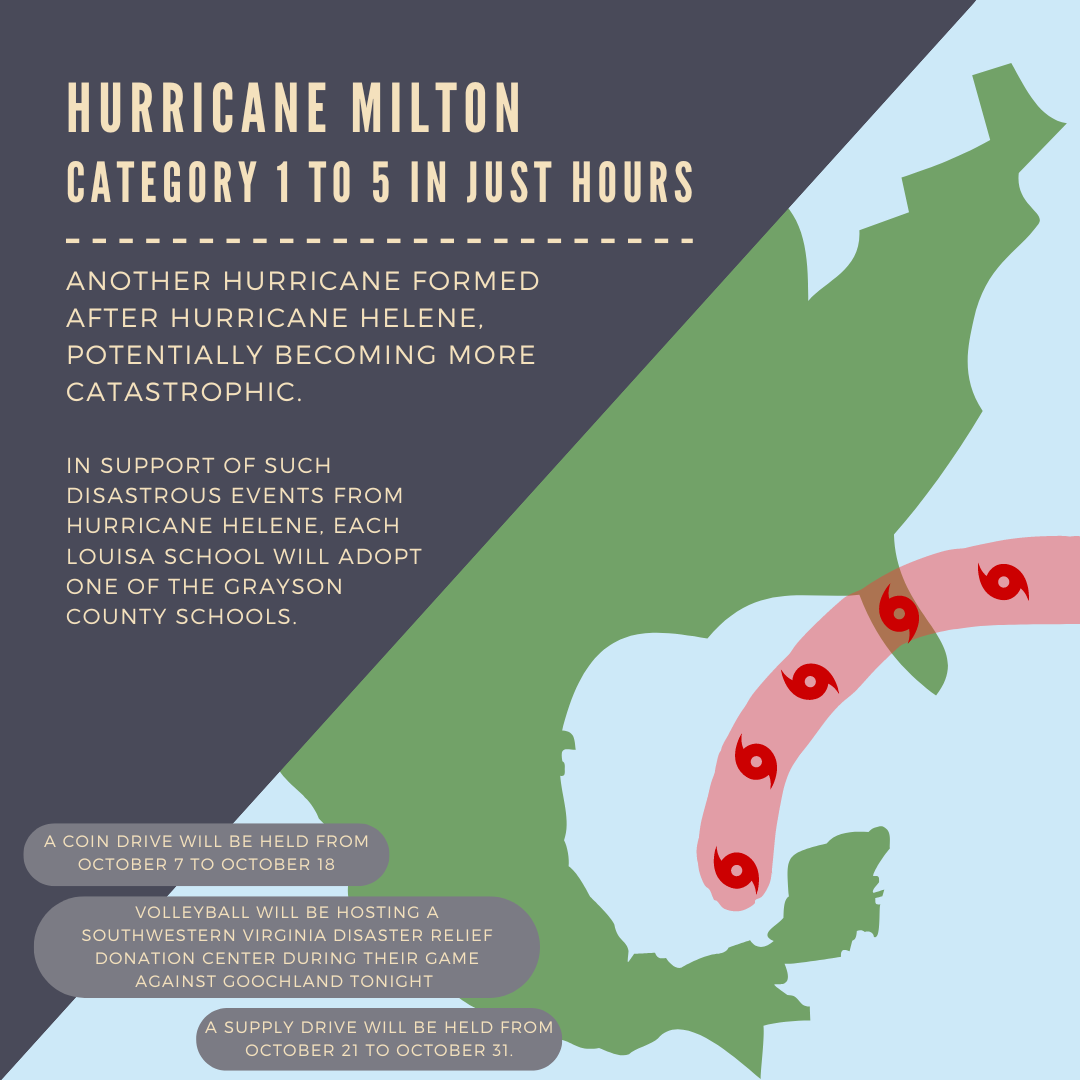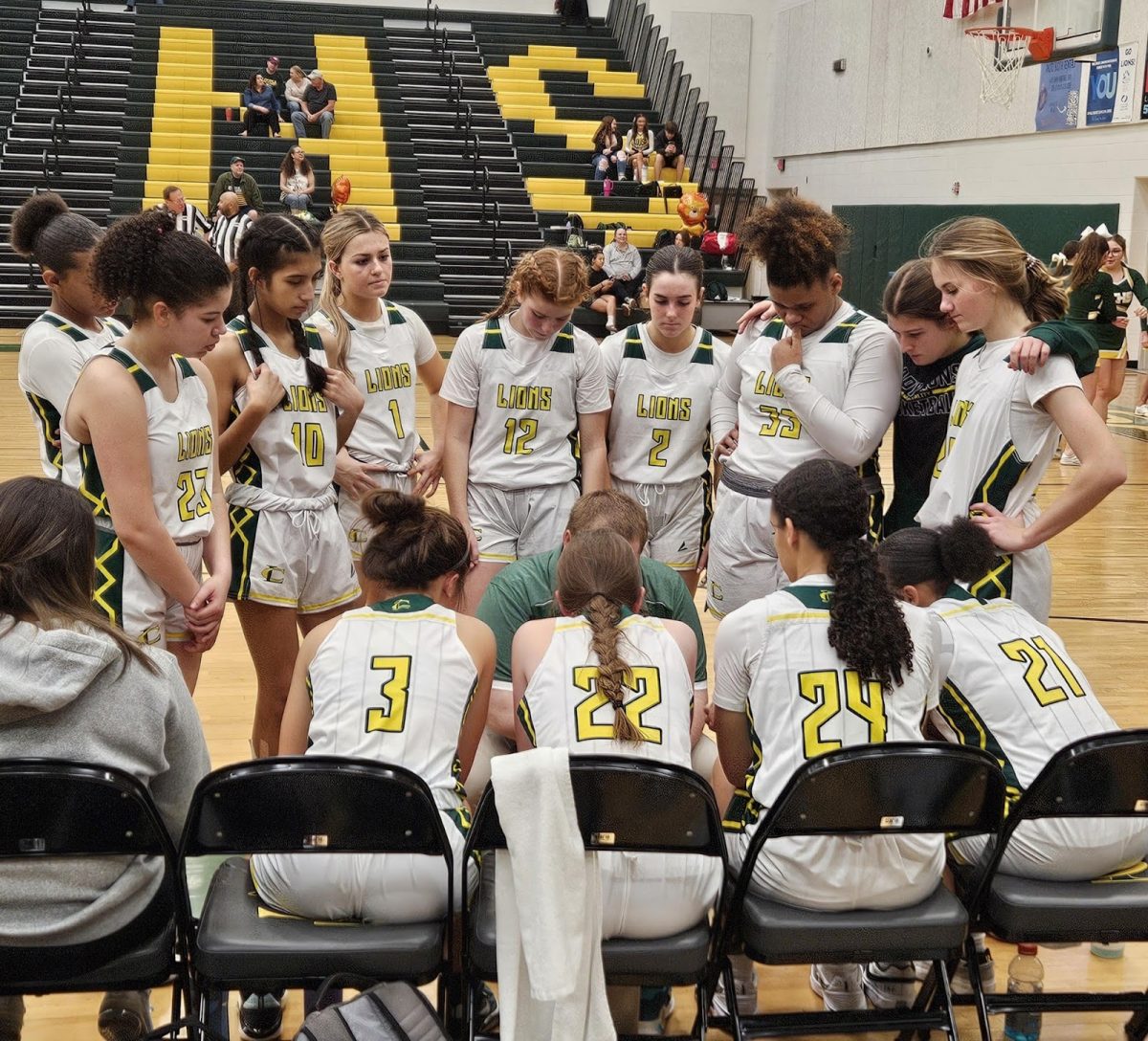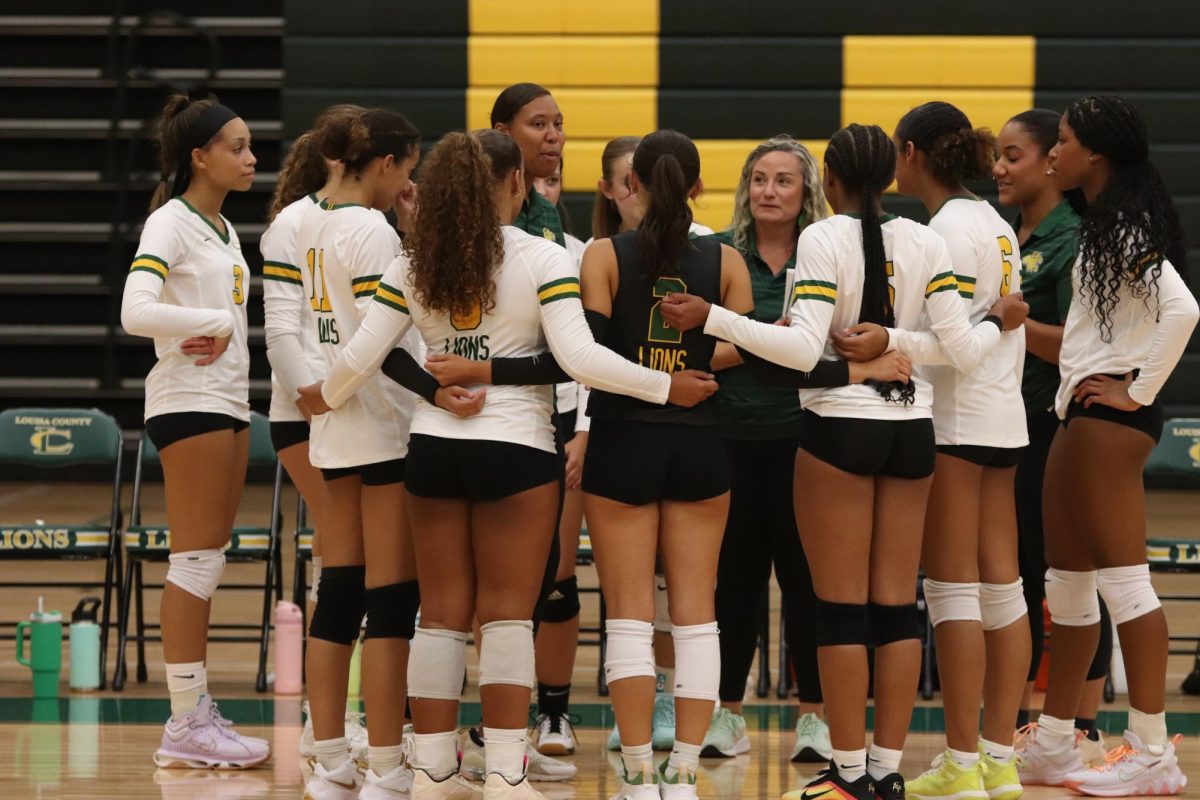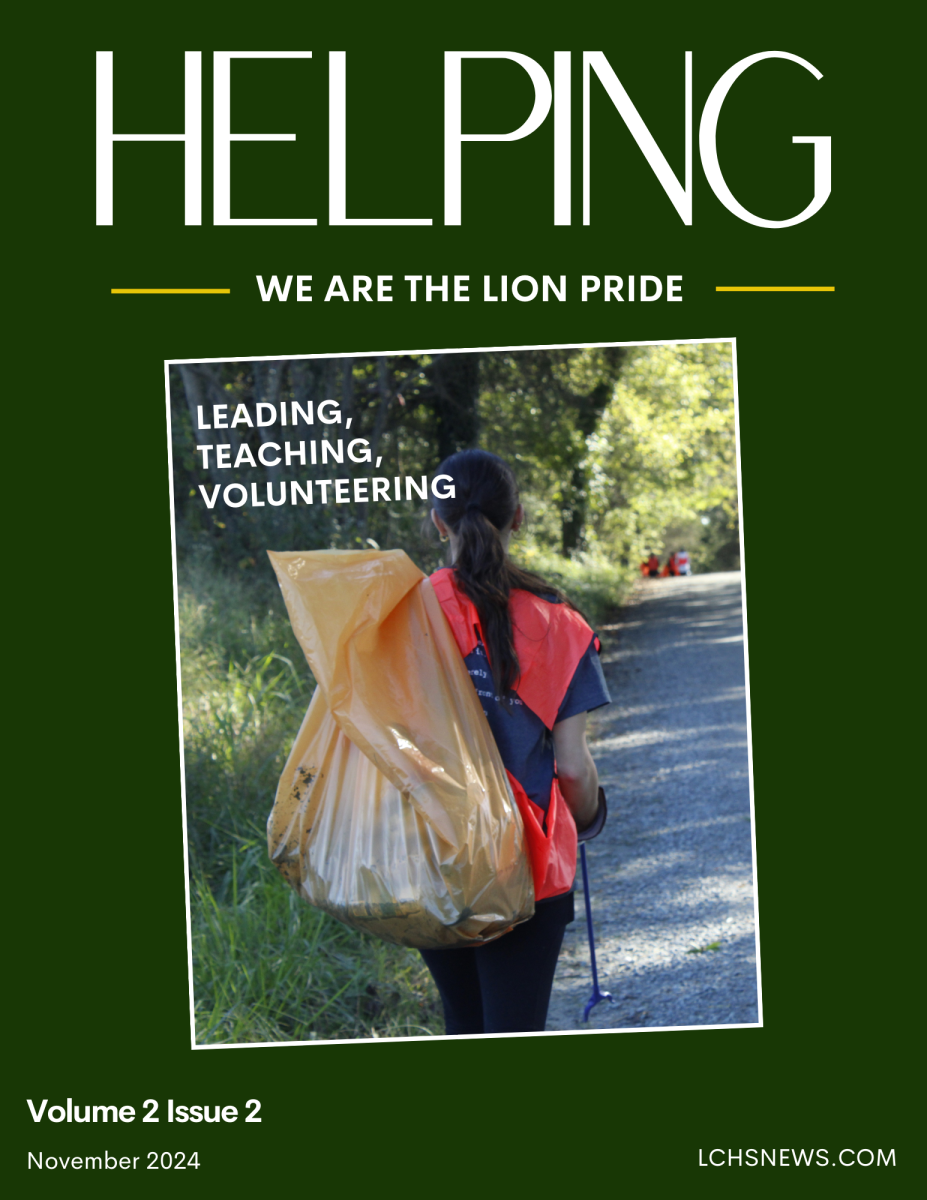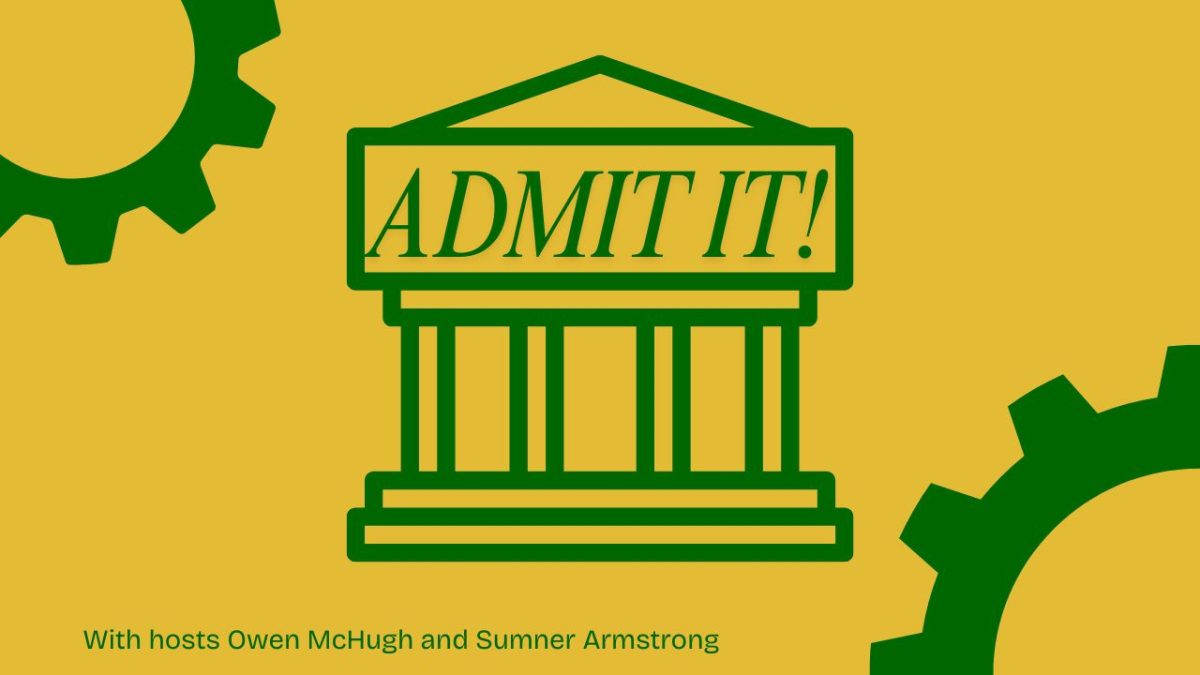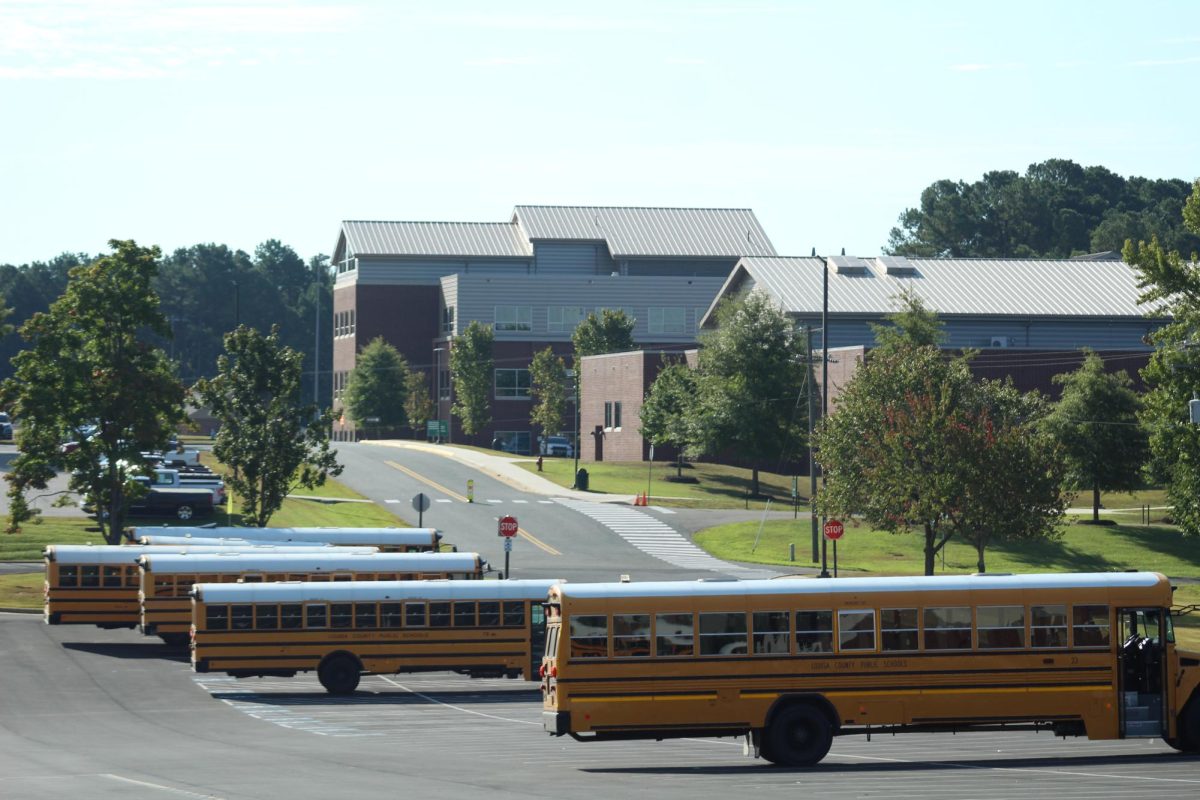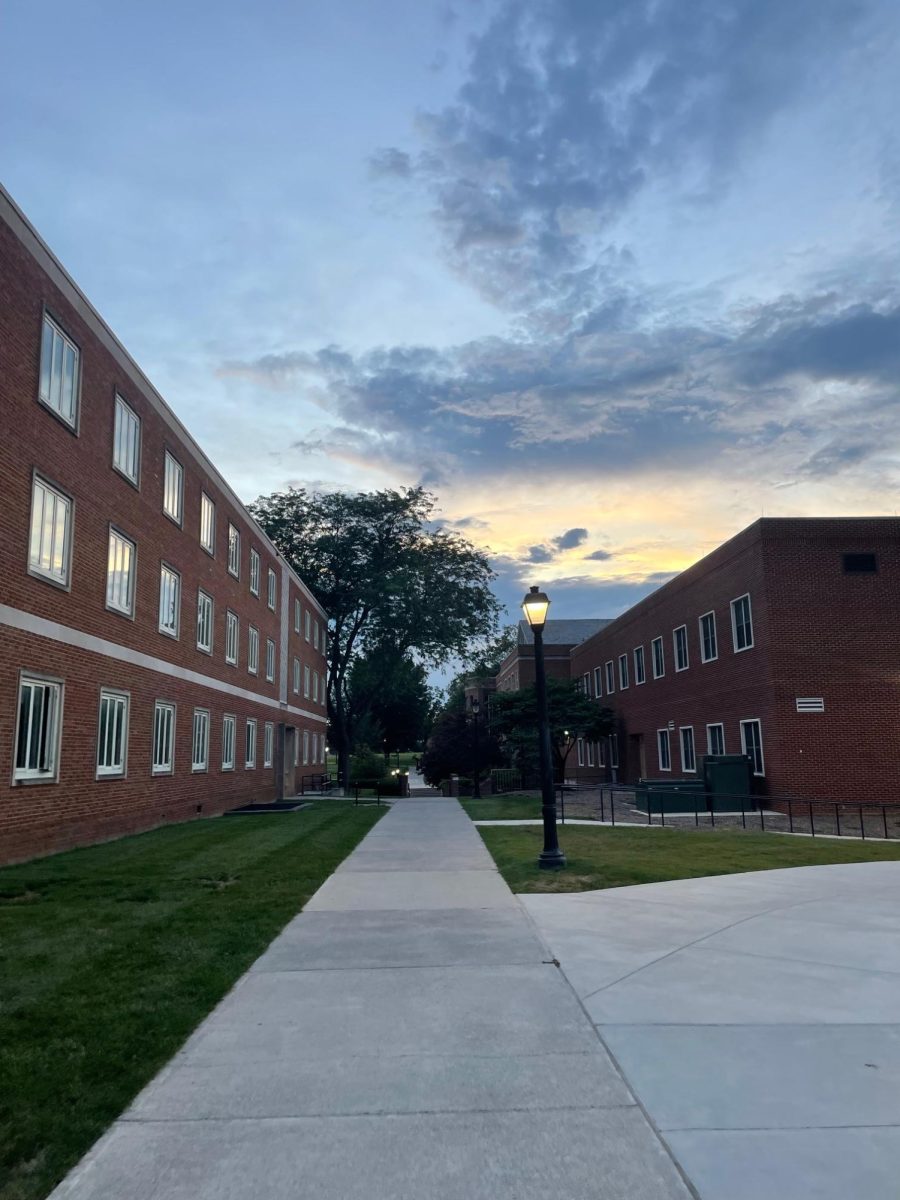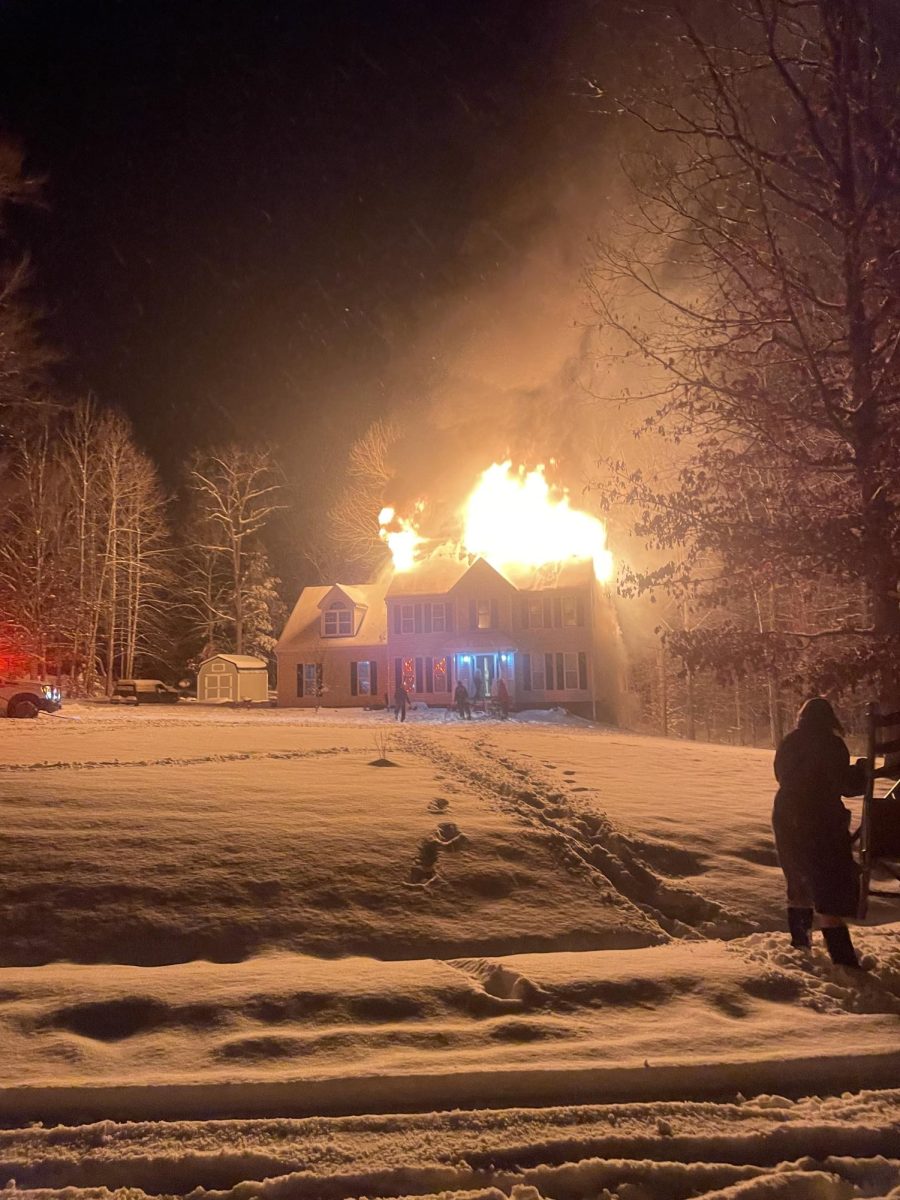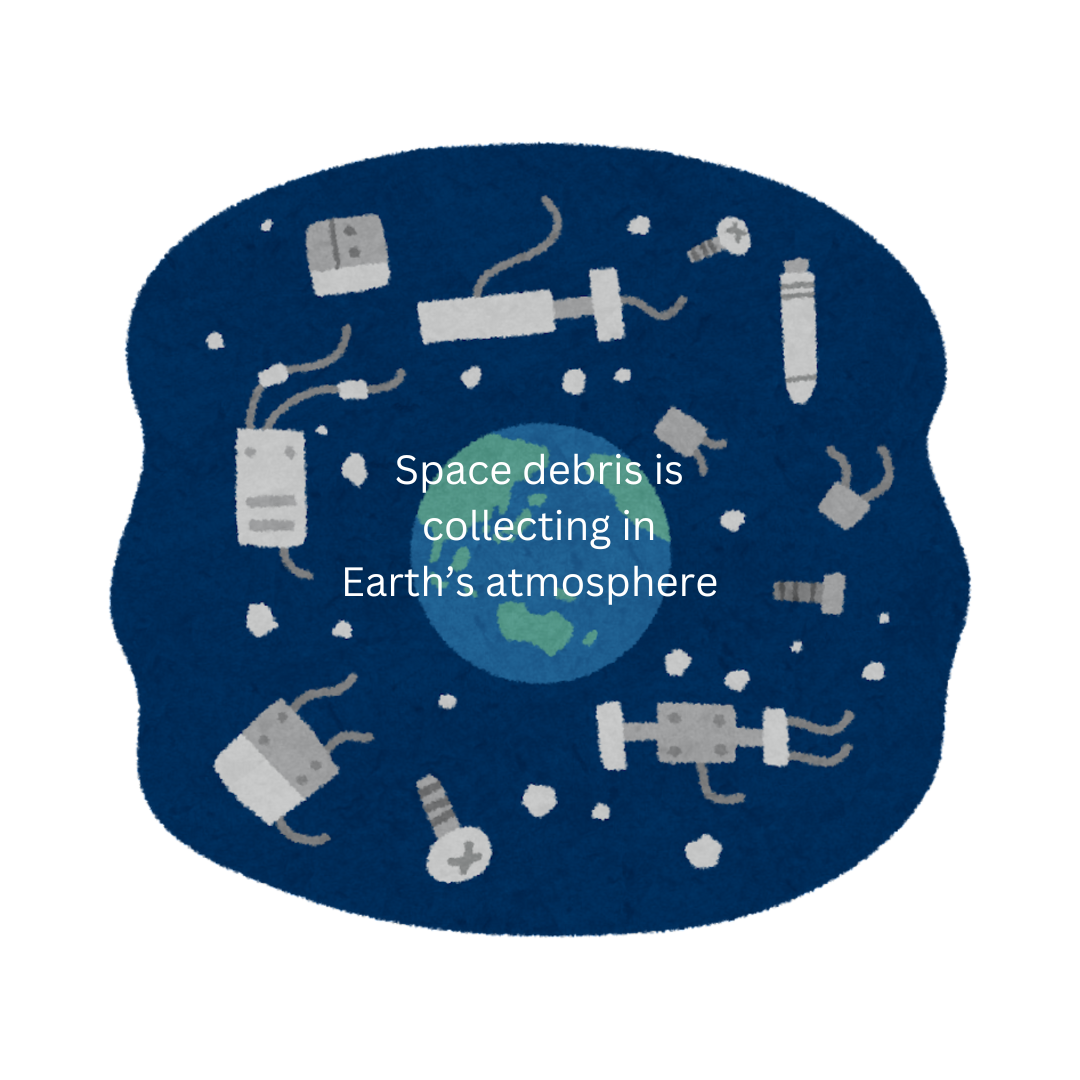Humanity’s ability to explore and operate in space has been a phenomenon that has inspired curiosity and the drive to explore. These questions have led to discoveries that continue to impact humanity’s need to enter and operate in the orbits around Earth. However, the ever-developing threat of space debris has become a problem for this generation as well as the future.
According to the Natural History Museum, space debris is a collection of scraps such as paint chips, metal, and old ship parts including entire rocket bodies, defunct satellites and tools dropped by astronauts. A majority of these objects will remain in Earth’s outer orbit for years or, in some cases, decades. Debris is also a risk when considering their re-entry into Earth’s inner atmosphere.
According to an article by NASA, debris moves at a rate of 7 to 8 km per second. To put that into perspective, the objects typically move at 17,000 mph. Collisions between debris and satellites at such speeds can cause total failures to many operations in Earth’s orbit that affect aspects of day-to-day life.
On a regular basis, people’s actions are impacted by space including phone calls, navigation, military functions, and weather predictions. Satellites and other related space operational functions daily impact people’s lives on Earth.
“This debris in any form is concerning because each piece increases the risk of collision by the factor of its surface area squared, meaning some debris doesn’t lead to just some more debris in a collision,”Co-founder of Kall Morris Inc. (KMI), Troy Morris wrote in an email.
According to KMI’s online column, the company was started by Adam Kall, Austin Morris, and Troy Morris. The three men were always inspired by space, and when they realized that debris would impose a threat upon their future ideas, they founded KMI.
“We wanted to make a positive dent on the universe,” Morris wrote in an email. “The focus on space exploration and industry quickly led us to approaching the problems of the field, looming largest of the seemingly unaddressed, was space debris.”
Space debris will not go away on its own and will continue to worsen. If the situation persists, the risk will increase, making it harder for projects in space to happen safely. KMI wants to solve this by engineering a way to gather and safely relocate space debris.

“If debris continues to grow before anyone can start collecting it, it will become harder and one day perhaps impossible for us to use space,” Director of Operations at KMI, Liza Fust wrote.

If satellites continue to be impacted by space debris, then there will be an increase in communicational problems.
“Satellites send information around the world, like prices of certain stocks, and what people are buying,” Junior Tucker McLeod said. “It would make life worse for pretty much everyone.”


